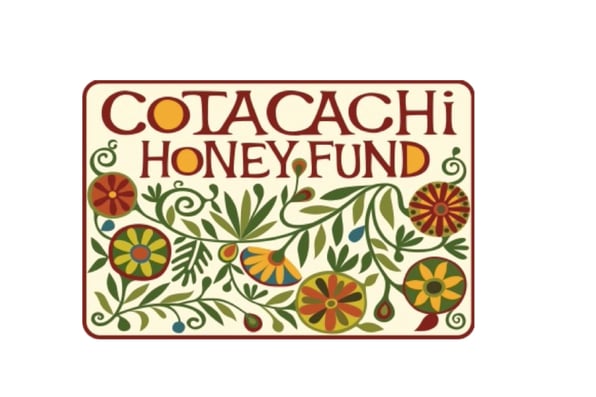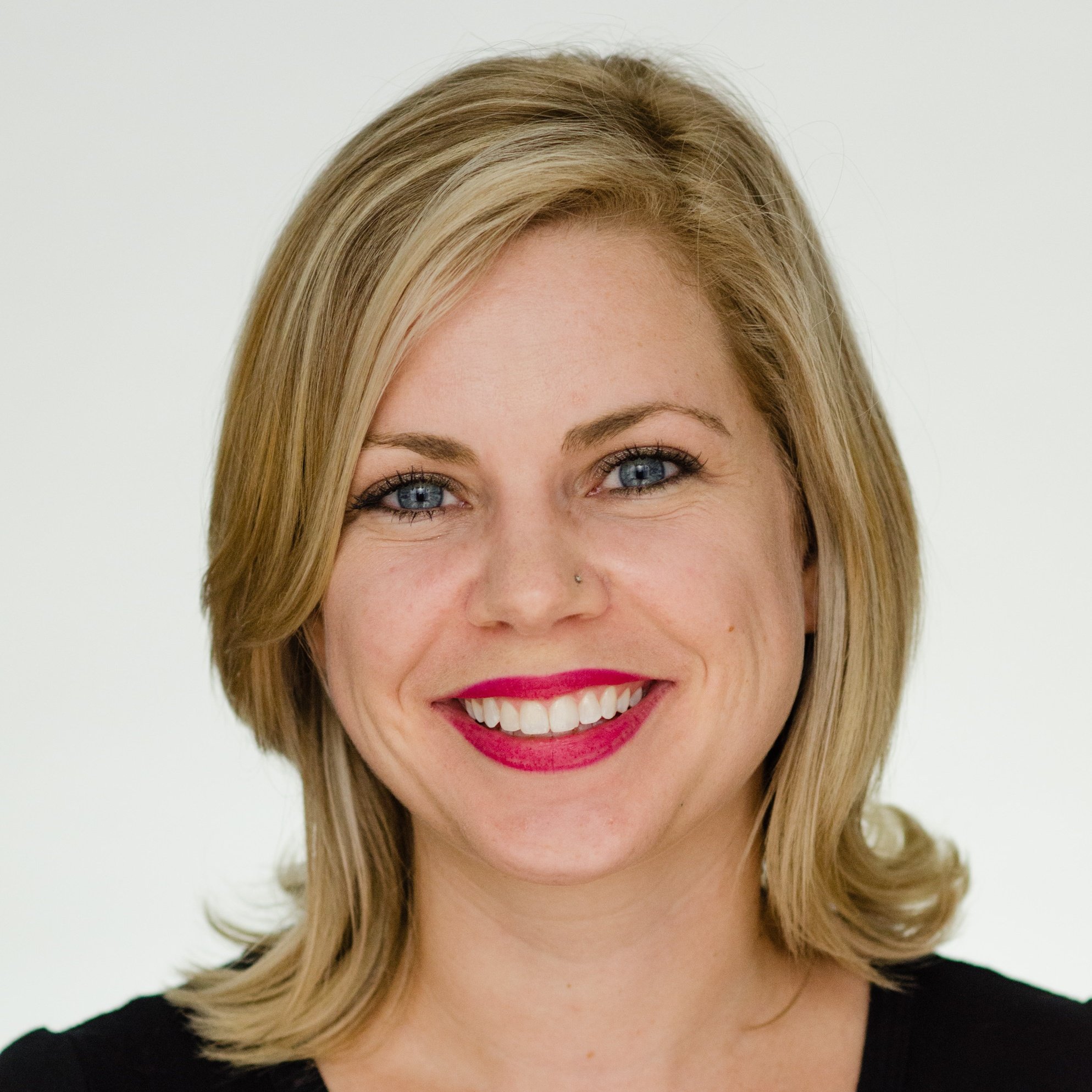
Q&A with Andrew Sacks, a ThinkCERCA Social Impact Challenge Winner
Andrew Sacks is a Grade 12 winner of the ThinkCERCA Social Impact Challenge. He attends Francis W. Parker School in Chicago. Here, we chat with Andrew about the Challenge and his winning project.
How did you decide on what problem to solve? Do you have a personal connection to it? Had you been learning about it in class? Or some other way?
I was born in Ecuador, but because our family moved to the States when I was just two, I gradually lost a connection to the country. When I began high school, I decided I wanted to spend my summers back in Ecuador engaging in home stays around the country. So, the summer after my freshman year, I returned to my home country and fell in love with the landscape and the culture. During this time, I had an opportunity to join a group of beekeepers during their weekly honey harvest in the highlands of the Andes Mountains. It was terrifying, but it was also the most exhilarating experience I had ever had.
It was clear that many of the communities I visited in Ecuador were struggling financially. Students were staying home from school to help their parents grow food or take care of livestock; coffee and cane harvests were often not enough to support families economically. Infatuated with beekeeping and motivated by a desire to give back to the country from which I was born, I decided to found The Cotacachi Honey Fund.
How did you come up with your solution? Did you brainstorm a lot of ideas, or did one great idea come to you suddenly?
I had my “ah-ha moment” while in my beekeeping suit. It was while watching the group pry open their hives and pull out frames dripping in honey that I realized the potential that beekeeping could have in creating economic opportunities. It required small amounts of land, relatively minimal amounts of labor, and given the right market, it could be seriously profitable.
My idea has evolved over time, however. My original plan was to purchase honey from the association of beekeepers and then to sell the honey in the U.S. I would send all of the profits from my sales back to the scholarship fund that allows young students the chance to attend local elementary and high schools. After two years of operating with this model, I revised the project. I realized that we would be more impactful by training local farmers to become honey producers and adding to the income of rural, disadvantaged families. Instead of purchasing from a pre-established association of producers, we would train farmers to become our producers and reinvest all of our profits into training new farmers.
What were some of the biggest challenges you found as you worked on your idea? How did you overcome them?
The greatest challenges I faced presented themselves during the first year of operations. During our first attempt to export honey, the labels unpeeled from the honey jars, the balsa-wood boxes fell apart, and, through bacteriological testing, we learned our avocado honey was contaminated. We were forced to suspend sales for a year. This happened to be a blessing in disguise. We were able to regroup and organize the next year’s sales far in advance.
What was the best or most rewarding part about this project?
The most rewarding part about this project has been the opportunity to spend my summers in Ecuador, accompanying our soon-to-be producers on their first visits to our bees. Nothing beats watching their initial terror turn to death-defying thrill. But most gratifying of all is sitting around their tables afterwards, flush with excitement and camaraderie, discussing how they can generate a reliable income.
What are your plans for the future? Will you continue to work on your idea or on other social enterprise ideas?
The most exciting part of this project is the prospect of expansion. There are thousands of markets to discover around the world for our honey, and even more farmers to support back in Ecuador. We were just awarded a major grant from the Ecuadorian government to expand from 50 to 500 beehives, which will allow us to include 45 new farmers as part of our project and hopefully to sell our honey in supermarkets and specialty food stores.

Elizabeth Riley Boyer is an experienced journalist, digital content strategist, and operations manager. Prior to joining ThinkCERCA, she was part of the founding team at Impact Engine, Chicago’s first social impact investment fund and accelerator. As Impact Engine’s Director of Operations & Communications, Elizabeth oversaw the company’s overall processes, day-to-day planning and finances, curriculum development, marketing strategy, and community outreach.
Elizabeth also spent three years at Chicago magazine, most recently as its Digital Engagement Editor, where she managed the organization’s social media and reader engagement initiatives. Elizabeth also works as a freelance content strategist, writer, and communications consultant. Her recent writings on impact entrepreneurship have been featured by the Huffington Post and Crain’s Chicago Business.
In 2007, Elizabeth helped open a private school for underprivileged children while volunteering for a nonprofit organization in the Dominican Republic. This experience inspired her to quit a paper-pushing job at an insurance brokerage firm to pursue a master’s degree in journalism from Northwestern University. Elizabeth also holds a bachelor’s degree in American studies from the University of Texas at Austin.
